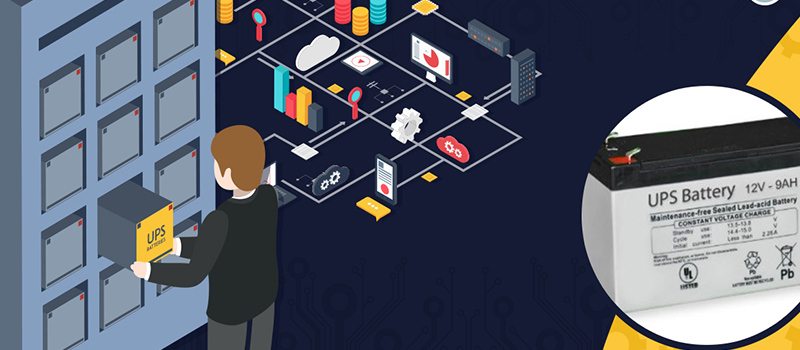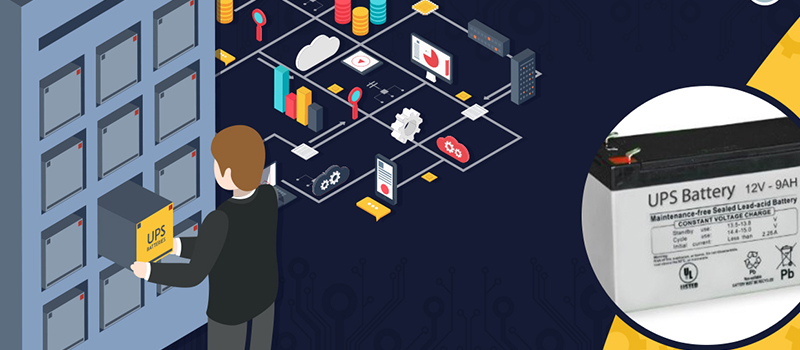

The course is intended to develop knowledge of the need for a UPS, types available, UPS components, batteries, generators and maintenance. . Further, participants will have enough knowledge to achieve reduced capital, operating and maintenance costs along with increase in efficiency.
During the duration of this course, participants will:-
Electrical power engineers and advanced operating staff of substations, factories, electrical distribution networks and transmission.
This interactive Training will be highly interactive, with opportunities to advance your opinions and ideas and will include;
Introduction to the Resilient System
Common PQ problems – IEEE 1159 & IEEE 519
Impulsive Transients
Power frequency variations
Voltage dip
Waveform distortion
Voltage Unbalance
Introduction to Power Electronic Elements & Applications
Introduction to AC UPS
Parallel redundant static UPS unit
Dual static UPS configuration
Introduction to DC UPS
DC Storage Batteries
Primary and Secondary Cells
Battery sizing
Replacement of a defective battery in a battery bank
Preparation of new battery
Battery Installations Requirements
UPS & Batteries Maintenance & Troubleshooting
Sample of Preventive Maintenance Work Instructions.
CDGA attendance certificate will be issued to all attendees completing a minimum of 80% of the total course duration.
| Code | Date | Venue | Fees | Register |
|---|---|---|---|---|
| EE215-02 | 14-06-2026 | Doha | USD 5450 | |
| EE215-03 | 13-09-2026 | Manama | USD 5450 | |
| EE215-04 | 06-12-2026 | Muscat | USD 5450 |

A sudden loss of power will disrupt most business operations and could lead to a company being unable to trade. Where a company regards electrical power as critical then there will be a need for a con ...

An Uninterruptible Power Supply (UPS) is a device that sits between a power supply (e.g. a wall outlet) and a device (e.g. a computer) to prevent undesired features of the power source (outages, sags, ...
Providing services with a high quality that are satisfying the requirements
Appling the specifications and legalizations to ensure the quality of service.
Best utilization of resources for continually improving the business activities.
CDGA keen to selects highly technical instructors based on professional field experience
Since CDGA was established, it considered a training partner for world class oil & gas institution
3012, Block 3, 30 Euro Business Park, Little Island, Co. Cork, T45 V220, Ireland
Mon to Fri 09:00 AM to 06:00 PM
Contact Us anytime!
Request Info